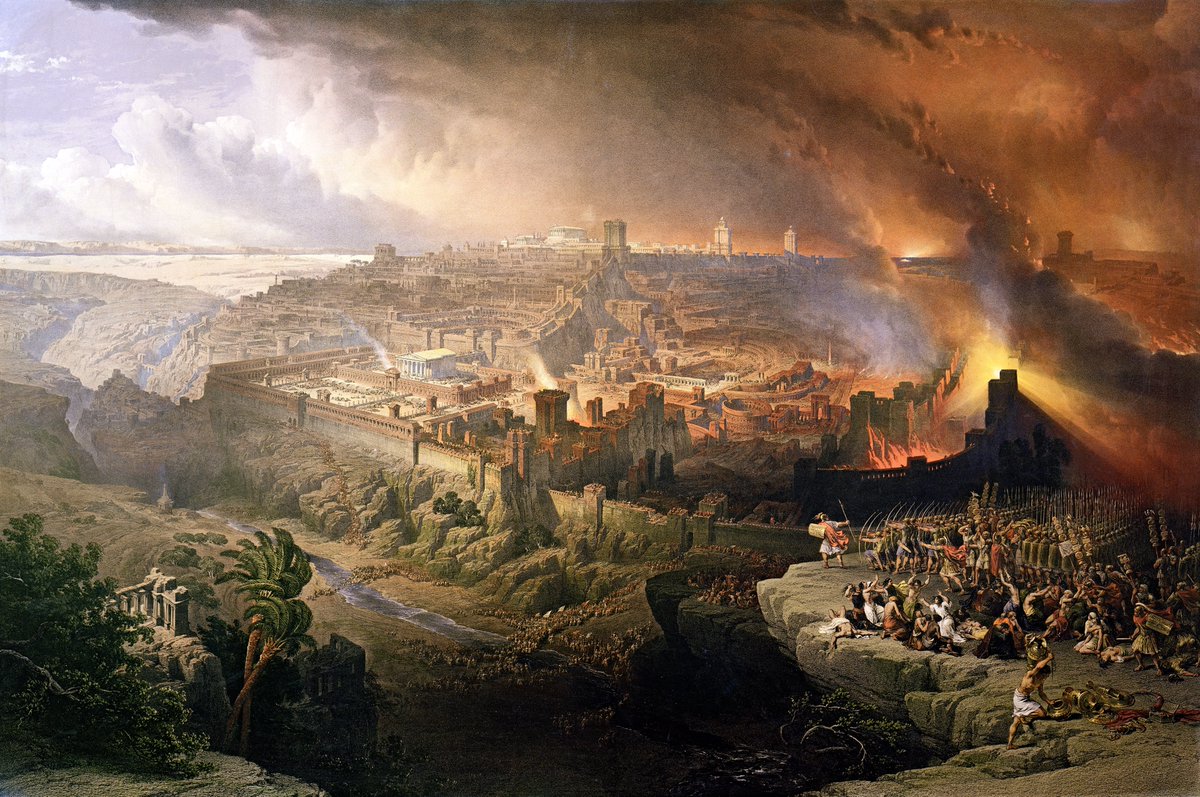
Gospel: Today Jesus says, "Amen, I say to you, this generation will not pass away until all these things have taken place" (Lk 21). Clearly Jesus's generation did pass away before the "end times." So is this an example of Jesus's having limited knowledge? This is a question... 

...that theologians wrestle with, because of Jesus two "natures," divine and human. Jesus is divine, which means he has a divine consciousness and therefore knows all things; but he is also human, and a human consciousness knows only what it has been taught. There are other...
...examples in the Gospels where Jesus seems to have limited knowledge, revealing his human nature more, as when he says "only the Father" knows the time of the end, "not the Son" (Mk 13:32).
But in this case, the NT scholar Luke Timothy Johnson notes that the word "genea"...
But in this case, the NT scholar Luke Timothy Johnson notes that the word "genea"...
...is more about a generation that is "evil and resistant to the prophet." Therefore, Jesus's "statement is less directly temporal than it may at first appear." (Sacra Pagina, p. 328).
• • •
Missing some Tweet in this thread? You can try to
force a refresh








